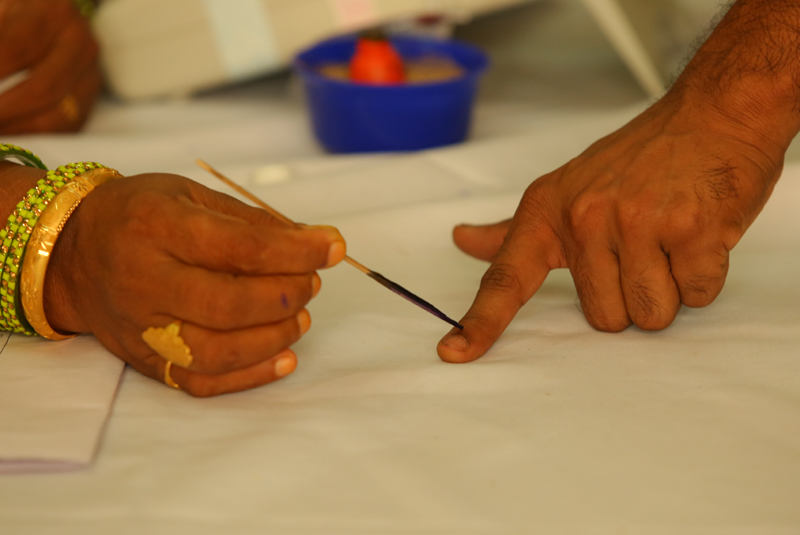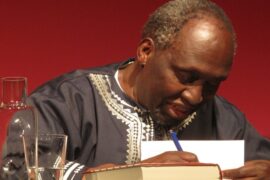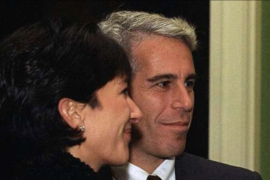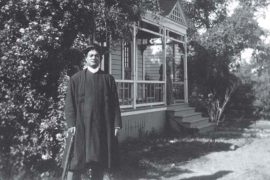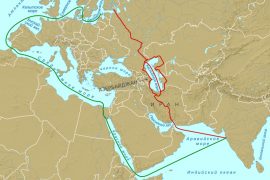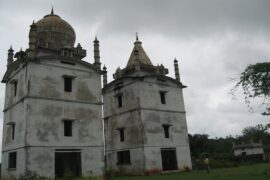In India, elections are now conduits for capturing the union or state machinery and rigging it for continued electoral success – mere passageways to political hegemony and antitheses to Dr Ambedkar’s frighteningly premonitory words:
Democracy becomes real when the governing class loses its power to capture the power to govern.
One is reminded of family patriarchs, who ascend to power in families and retain that position until death. The other members of this family shed their identities and orbit the leader in prescribed trajectories, primarily to showcase the family as an inviolable unit and insulate it against social scrutiny and internal democracy, but more importantly, to deify and execute his moral code within and outside the family.
It is high time that we start thinking of our society as a collection of individuals growing up within such rigid family structures that can only be described as undemocratic because of their deep commitment to evils persisting in the larger society, such as patriarchy, caste hierarchy and the reduced social mobility stemming from these systems.
We need to acknowledge that family structures are the smallest influential units propagating these social evils and that it is these very structures that we need to examine when attempting to reconcile political democracy with social democracy, which was Dr Ambedkar’s answer to making political democracy last.
As pointed out by Arundhati Roy, the most pertinent political and personal question of our times is, “why do we love and admire those who humiliate us?” In an electoral context, we could reframe this as “why do we elect leaders who humiliate us, or who go on to humiliate us?” I think the answer lies at the heart of what drives family systems.
-30-
Copyright©Madras Courier, All Rights Reserved. You may share using our article tools. Please don't cut articles from madrascourier.com and redistribute by email, post to the web, mobile phone or social media.Please send in your feed back and comments to [email protected]

